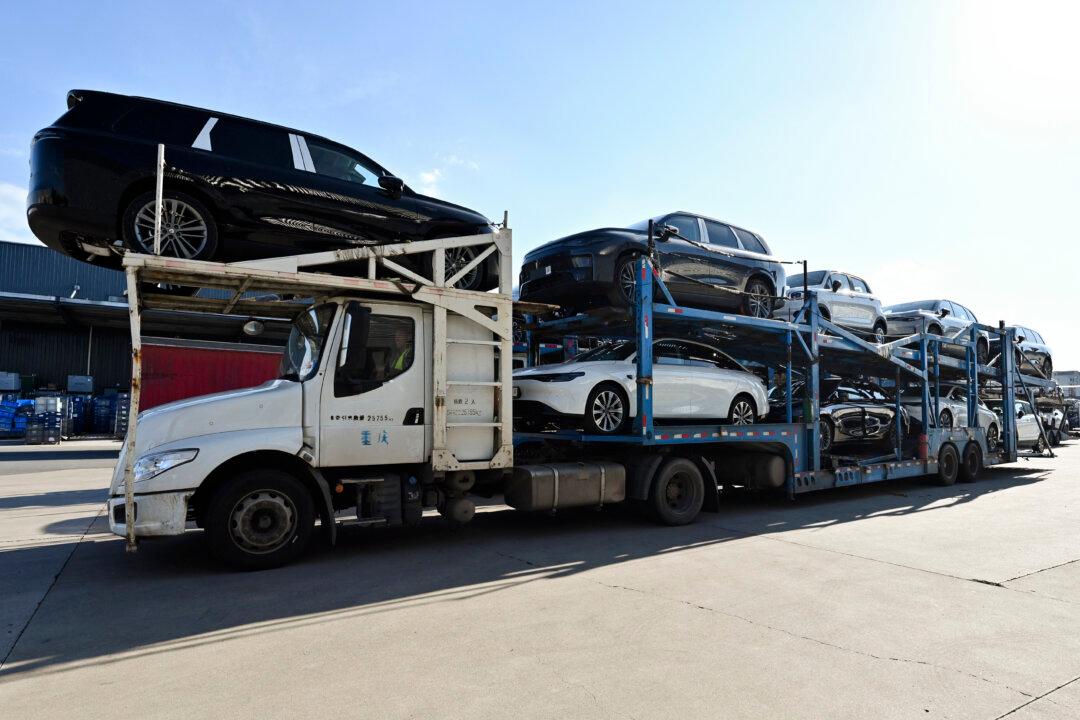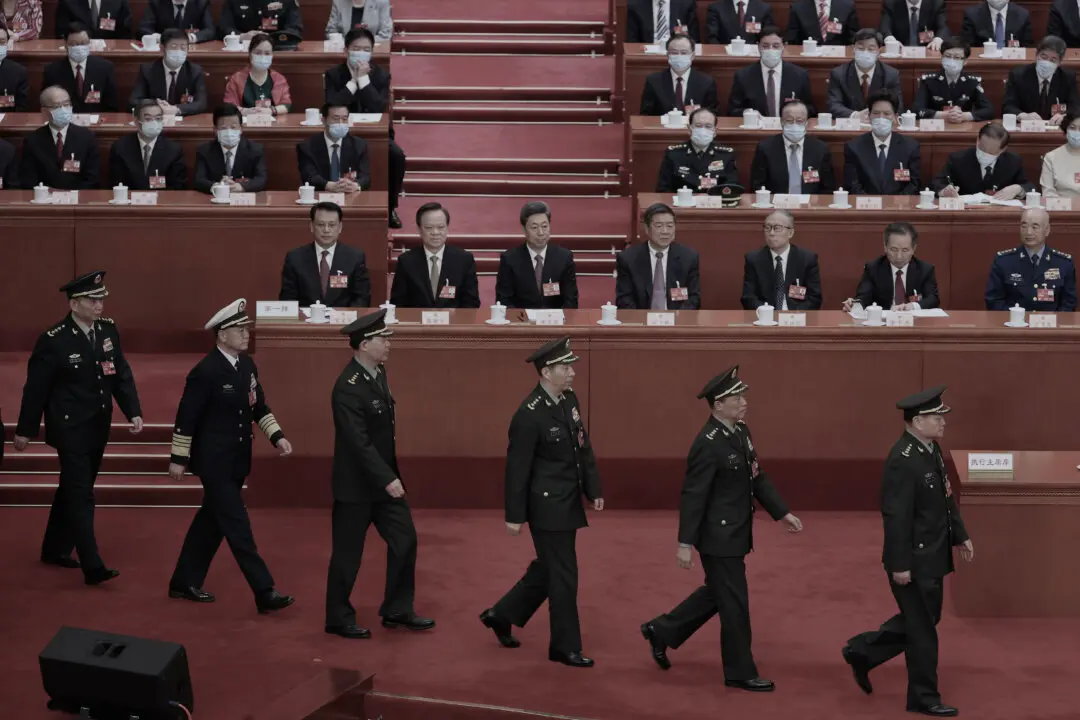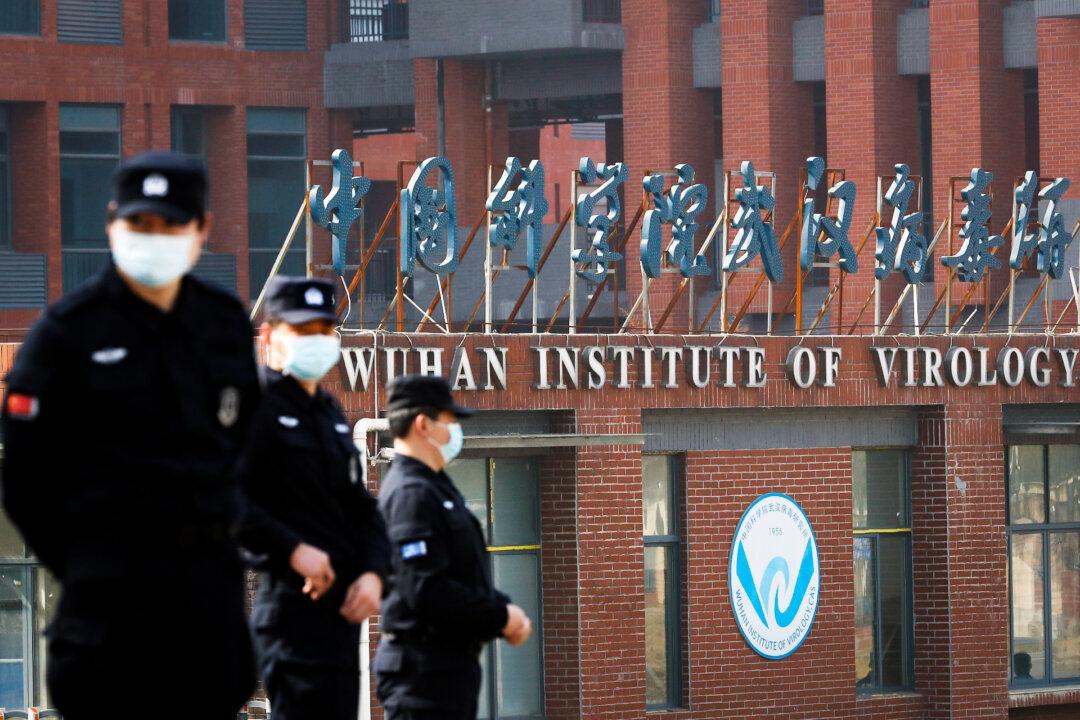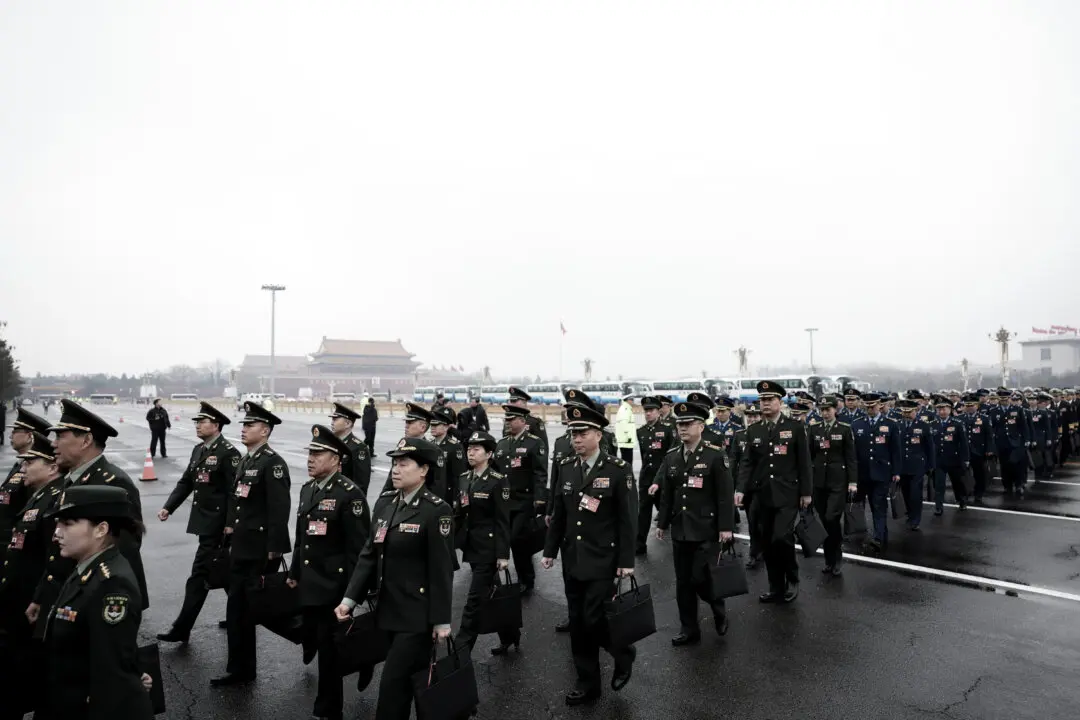Data show that sales of major Chinese electric vehicle (EV) manufacturers stumbled in January. Observers say the steep decline was due to the Chinese regime’s manipulation of the economy and quality issues.
The top seller, Hongmeng Intelligent Driving, which is under Chinese telecommunication giant Huawei, saw a 29.28 percent month-on-month decrease in January, with 34,987 new vehicles delivered, according to the January sales data published on Chinese media on Feb. 1.




